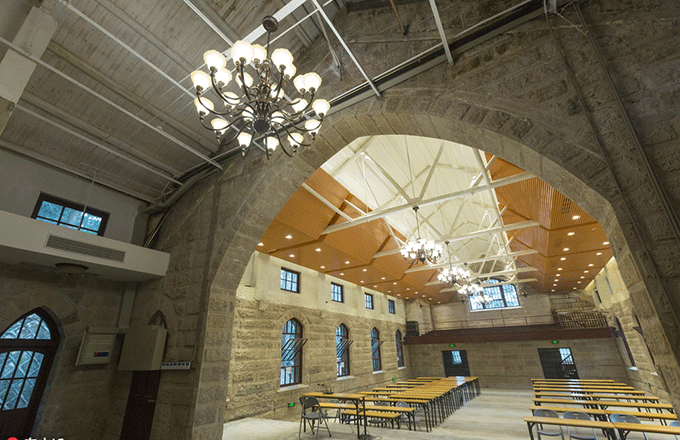Helping others beat the drugs scourge
Former addict nearly lost everything to heroin, but now works as a psychological counselor
Gu Ying's biggest regret in life is wasting 20 of her best years submerged in a whirlpool of heroin abuse.
The 45-year-old lost her freedom, happiness and wealth as she burdened her relatives and friends with her addiction.
But after many missteps, she finally got clean and became a psychological counselor at the Shanghai Sunshine Drug Relapse Prevention Medical Center, a private nonprofit organization that helps drug addicts and their families.
A stage play adapted from her story, in which she played the leading role, was performed during a National Narcotics Control Commission conference in Shanghai last month, and Gu said her dream is to turn it into a movie.

"I hope none of the younger generation experience what I experienced. It was complete hell. Don't ever challenge the weakness of human nature and don't be silly to believe that you can conquer what others cannot," said Gu, a Shanghai native.
Her story is made all the more impressive as, according to the commission's statistics, more than 85 percent of those who abandon a drug habit after two years of compulsory rehabilitation relapse within a year.
Gu, a part-time model from age 15, first experienced drugs when she was 19 and her boyfriend offered her some white powder that he said could help relieve insomnia and stomachache.
"There was little publicity about narcotics back then in China and none of us knew what they were. We used the powder everywhere, even in front of parents and police officers," she said.
Gradually Gu realized something was wrong. She had sold a 100-square-meter apartment and all her jewelry to feed her drug habit, while her boyfriend had spent more than 2 million yuan ($295,000) on narcotics, she estimates.
Things came to a head following a fight with her boyfriend.
"He sold my favorite mink coat, which was worth more than 40,000 yuan back then, to buy more drugs," she said.
"Drugs are so horrible. They changed the man I loved and made me penniless. I left him, and booked myself into a rehabilitation clinic."
Recovery was not easy. Over the following three years, Gu spent 15,000 yuan - almost two years' salary for an average resident of Shanghai at that time - on several 10-day rehabilitation courses. But each time, she was using again as soon as she was out.
"I became a model because I wanted to be wealthy and let my mother live like a queen, but I became a burden on my parents," Gu said.
In desperation, she attempted to take her own life three times. The third attempt saw her inject what should have been an overdose of heroin in a house she had rented that none of her family knew about, to prevent them coming to her aid.
But after two days, she woke up. "Even today I still don't know how I survived," she said.
Imbued with a new respect for the sanctity of life, Gu checked herself into a compulsory rehabilitation center, where she stayed for a year and a half.
"The staff there just gave me a little chair to sit on and I was trembling all over. I never imagined I could make it," she said.
But make it she did, and now Gu is on call around the clock to help other addicts. She participates in sessions at high schools and rehabilitation centers regularly, to warn young people about the dangers of drugs and persuade current users to turn their lives around.
"For me, drugs are like an ex-lover who broke up with me peacefully and has traveled far away. And I don't resent my ex-boyfriend either. I hope he's living well like me," she said.

























